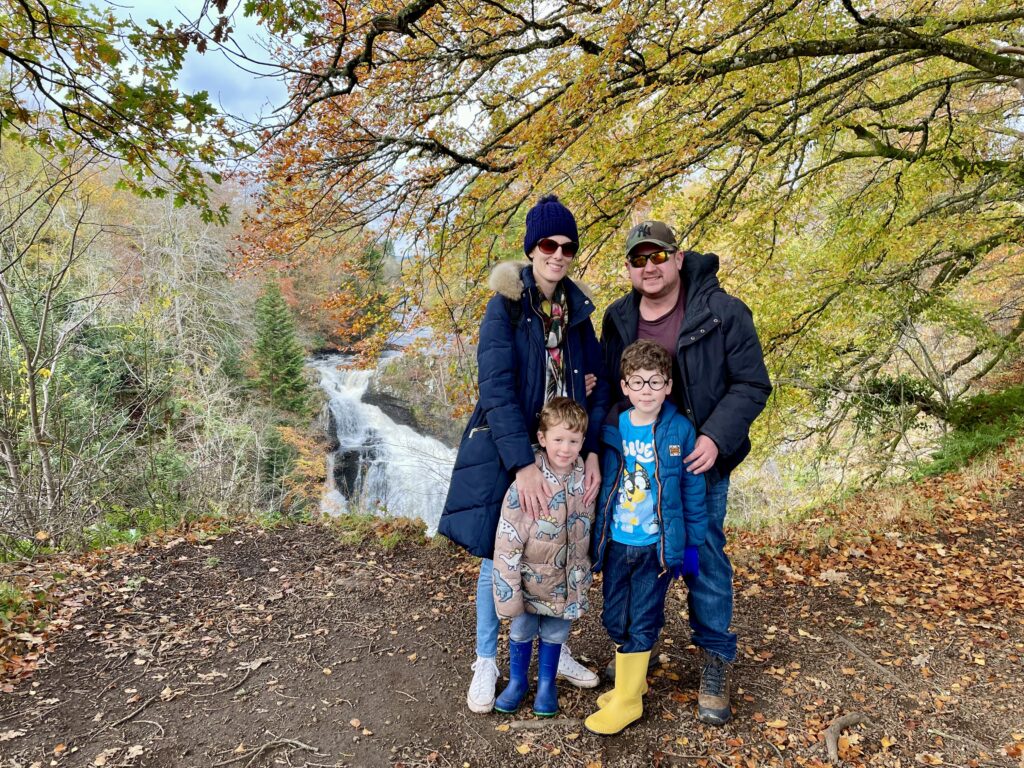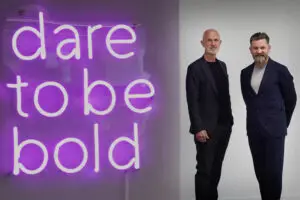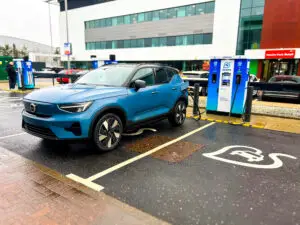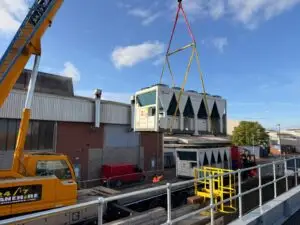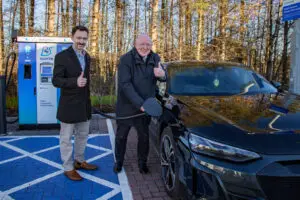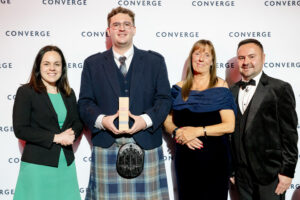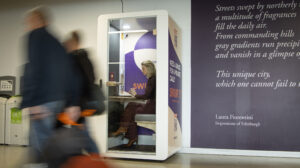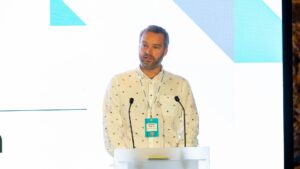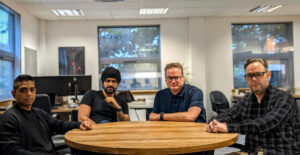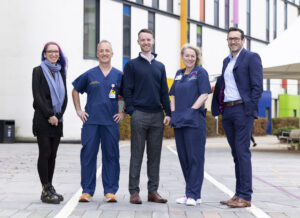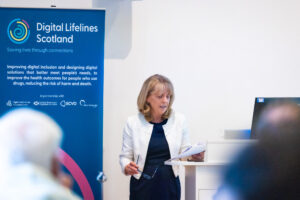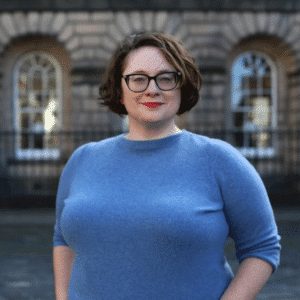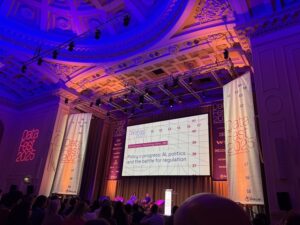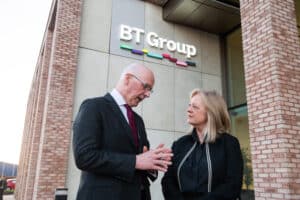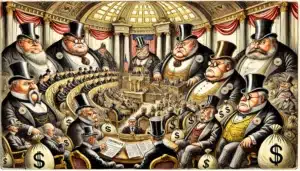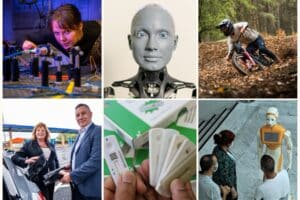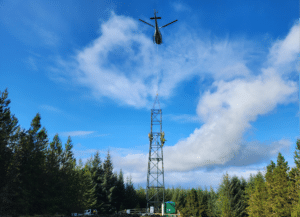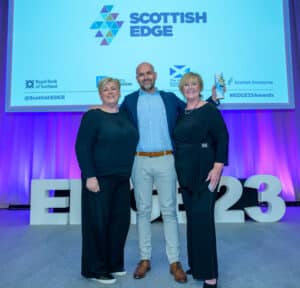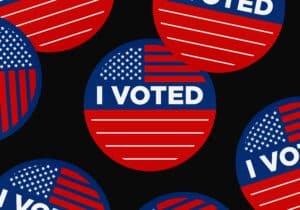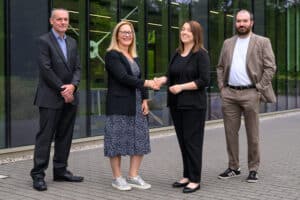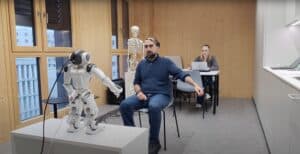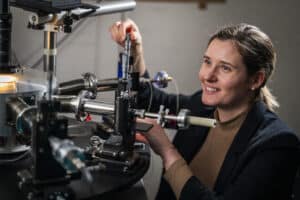UK-first digital platform ends potential communication lottery for thousands of BSL users
‘SignPort’ easily connects deaf people with interpreters to support essential daily interactions
When Richard MacQueen was hospitalised with pneumonia, he couldn’t book an interpreter. The 42-year-old from the north of Scotland, whose first language is British Sign Language (BSL), asked his father to help translate. But his father, the only hearing person in their family, wasn’t fluent enough for the complex medical conversations that followed.
“The doctor needed to check if I was HIV positive, as it might have been linked to my illness,” says MacQueen. “When the results came back, there was no interpreter to pass them on. They sent a nurse who was learning very basic signs. She signed ‘HIV’ and put her thumb up. I was completely confused. Does that mean it’s positive? Is this a good thing? What does this mean?”
For two days, MacQueen remained in the UK-based hospital, seriously ill and believing he might have HIV. “I felt like my life was over. I was so confused and dazed. I thought I had HIV and could die,” he recalls.
When a qualified interpreter finally arrived, the truth emerged: his test results were negative. The thumbs up had meant good news, not confirmation of a positive diagnosis.
“That’s why it’s so important to have accurate communication there, to make sure everything is passed along smoothly,” says MacQueen.
MacQueen’s experience is far from unique. BSL is his first language, and like many born into deaf families, English is his second language.
“BSL is my first language, so I’m not really comfortable communicating in English. I feel like it’s a more accurate conversation in BSL.”
For thousands of British Sign Language users across the UK, this scenario plays out repeatedly at medical appointments, parent-teacher meetings and even during routine banking interactions. But what frustrates MacQueen most is that these access barriers persist in 2025.
“There are lots of access barriers involved,” he says. “If I’m going to the doctor, I say to the receptionist I want to make an appointment and I need to book an interpreter at the same time. They just kind of panic. The automatic response is, ‘Can you lip read?’ And I’m like, no, I can’t. If I could lip read maybe it would work, but a lot of it is guesswork. I need an interpreter to be able to communicate because it’s access to my health needs that’s so important.”
According to the UK Government’s British Sign Language Third Report 2025, the British Deaf Association estimates that there are 87,000 deaf BSL users across the UK. Meanwhile, data from the Royal National Institute for Deaf People’s 2025 Inclusion and Interpreter Provision review shows that there are only approximately 1,500 registered BSL interpreters. This equates to roughly one interpreter for every 60 deaf BSL users.
This national shortage of interpreters, combined with outdated and inconsistent booking systems, often means deaf people are left facing impossible choices: miss vital appointments, attend without proper communication support, or wait weeks for an interpreter to become available.
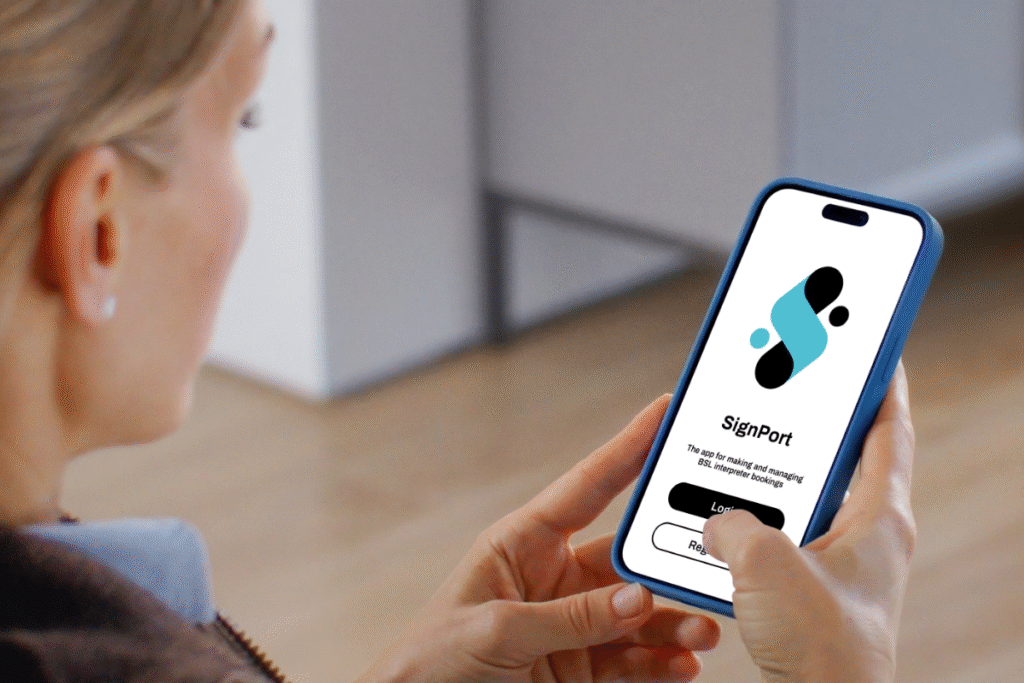
Now, a UK-first app developed by Scottish charity Deaf Action through the Scottish Government’s CivTech programme aims to transform this daily struggle by linking BSL users directly with interpreters when they need them.
CivTech invites companies to work with government departments, public bodies and charities to develop innovations which improve people’s lives and drive business growth. Through the scheme, the Scottish Government has supported SignPort’s development with £350,000.
‘SignPort’, launched today (30 October), streamlines the process for organising interpreters, and lets the Deaf person know instantly via a notification on the app that an interpreter has been booked for them . This gives deaf BSL users more confidence showing up for appointments with medical professionals, education services, employers and other essential service providers.
Users can upload documents to share with their interpreter for preparation before an appointment and use the app’s chat function before and after meetings. Interpreters can list their availability, so they only receive requests relevant to their schedule.
For MacQueen, who has been involved in pilot testing SignPort for more than 10 months, the difference is transformative.
“I remember the first time I downloaded the beta version of the app. I had a meeting the next week, so I was trying to get an interpreter booked. All the interpreters’ names came up with their availability. I clicked on it, and that was it done. I was so shocked. I was gobsmacked, honestly. The booking process was finished already, within five minutes. I was thinking about all the challenges I’ve had to experience beforehand to get an interpreter. It took one week, two months, whatever, to get an interpreter. Whereas this only took five minutes. It was much better, much faster than anything else I’d experienced before.”
The right interpreter matters, especially for medical appointments.
“There are regional variations in signs across Scotland, so sometimes people can find my signing a bit different. It’s fine if it’s linked to a work meeting, but for health appointments, I need to make sure I have an interpreter who’s a good match for me. It can take months to get a hospital appointment, so it’s really important that communication is as clear as possible. For follow-up appointments, having the same interpreter helps keep things consistent and means I don’t need to explain everything from the start again.”
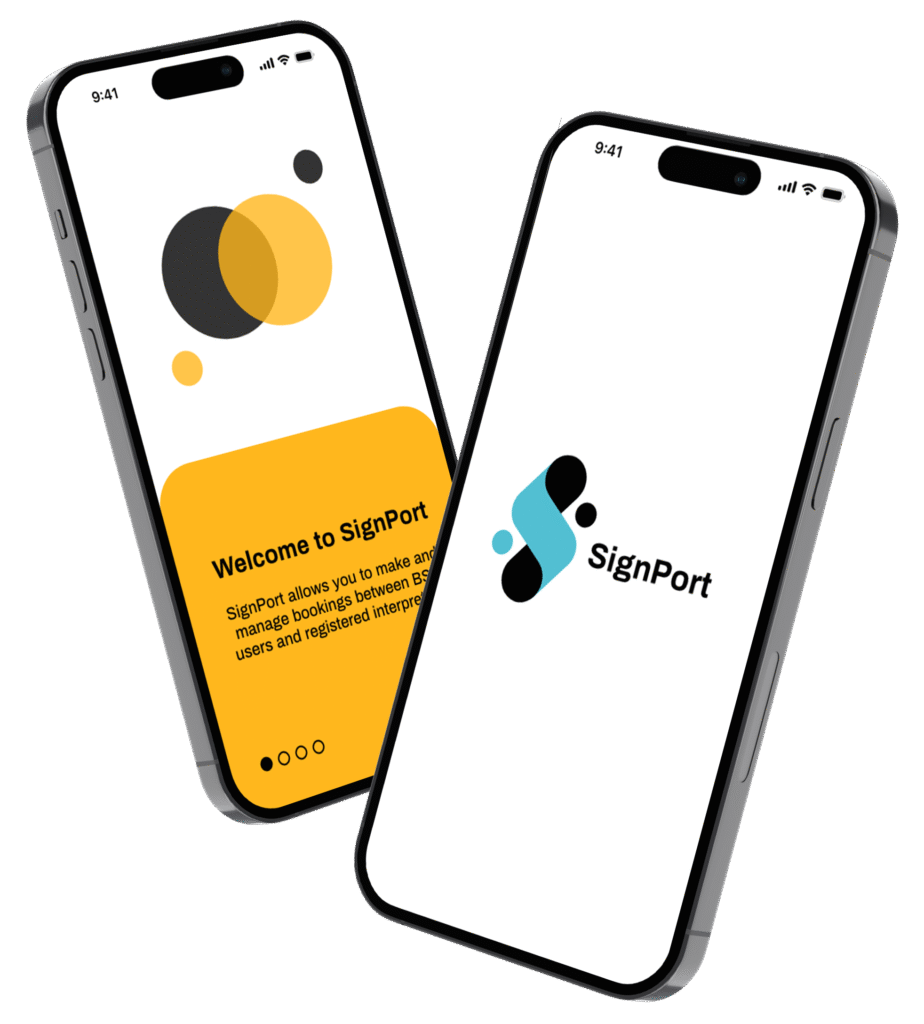
Paul McColgan, Interim Managing Director of SignPort, confirms the transformation the solution could make:
“We know of BSL users who have been misdiagnosed because they couldn’t explain their symptoms, parents who’ve missed crucial discussions about their children’s education, and people who’ve been unable to open bank accounts or access financial services in person. The constant struggle to access interpreters is isolating, can lead to embarrassment, and causes delays in getting even the simplest tasks done. SignPort is designed to end that potential communication lottery and give BSL users the same access to essential services that hearing people take for granted.”
A review commissioned by the Scottish Government in 2019 found evidence that interpreter shortages were not only due to professionals being unavailable, but that existing booking systems didn’t facilitate efficient or effective use of interpreter time.
SignPort provides an efficient booking system facilitating real time communication between organisations, interpreting agencies, interpreters and Deaf BSL users that enables the booking and confirmation of an interpreter within minutes.
The app is free to download and use for Deaf BSL users and Interpreters. Interpreter fees are paid by the person or organisation who makes the booking. https://signport.com/download-the-app/
